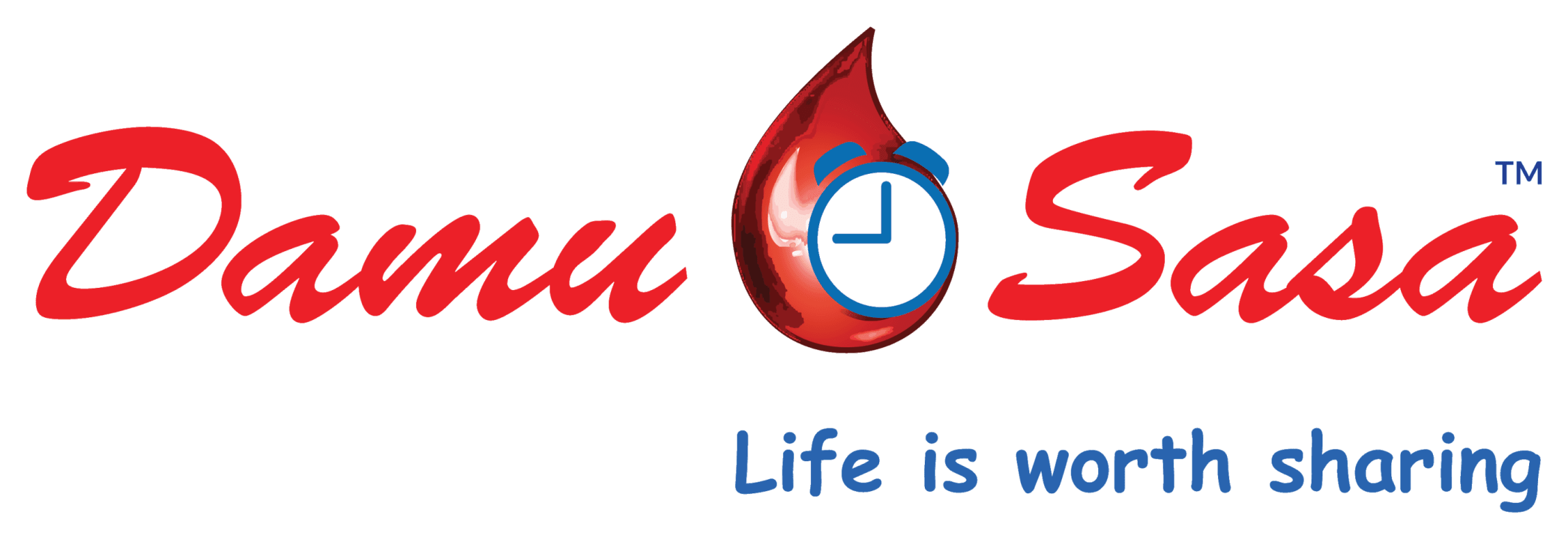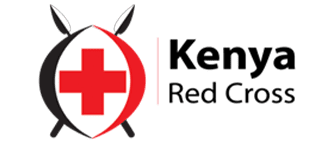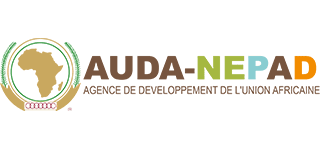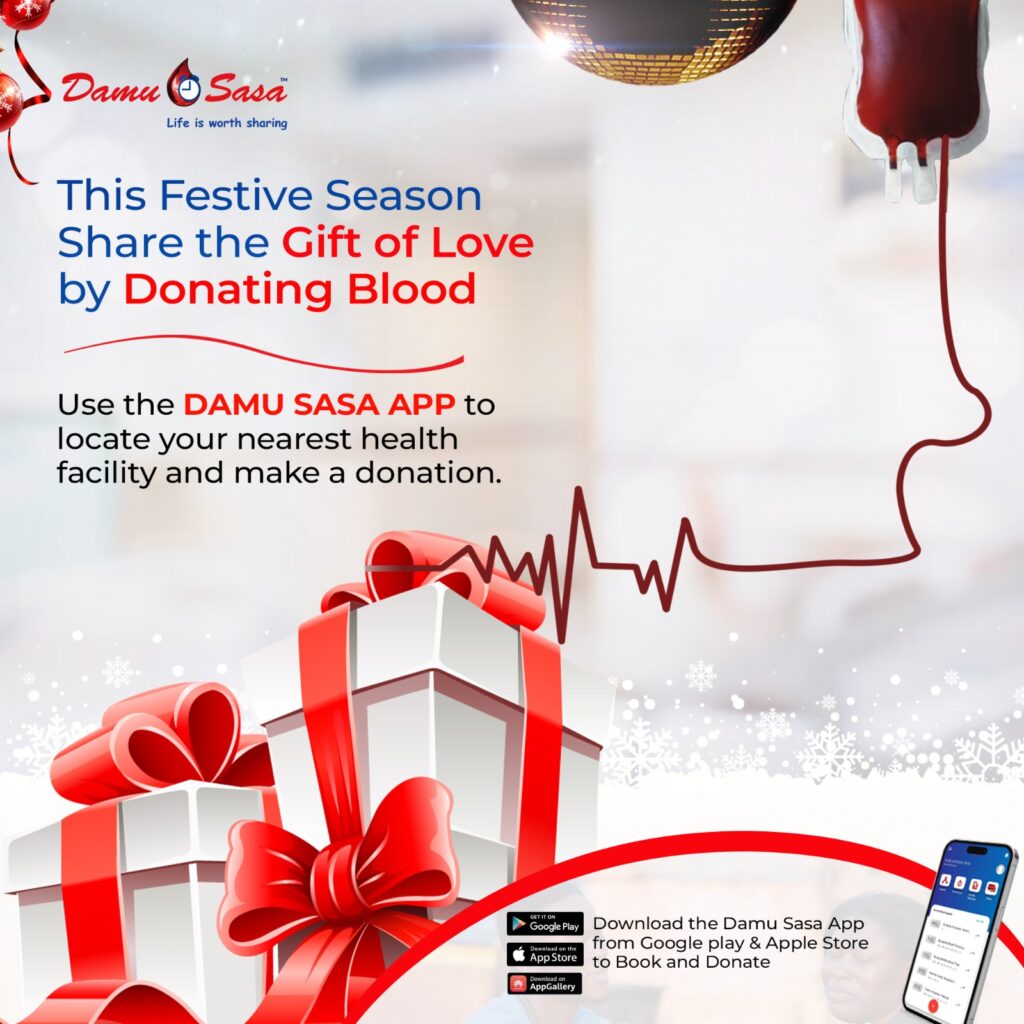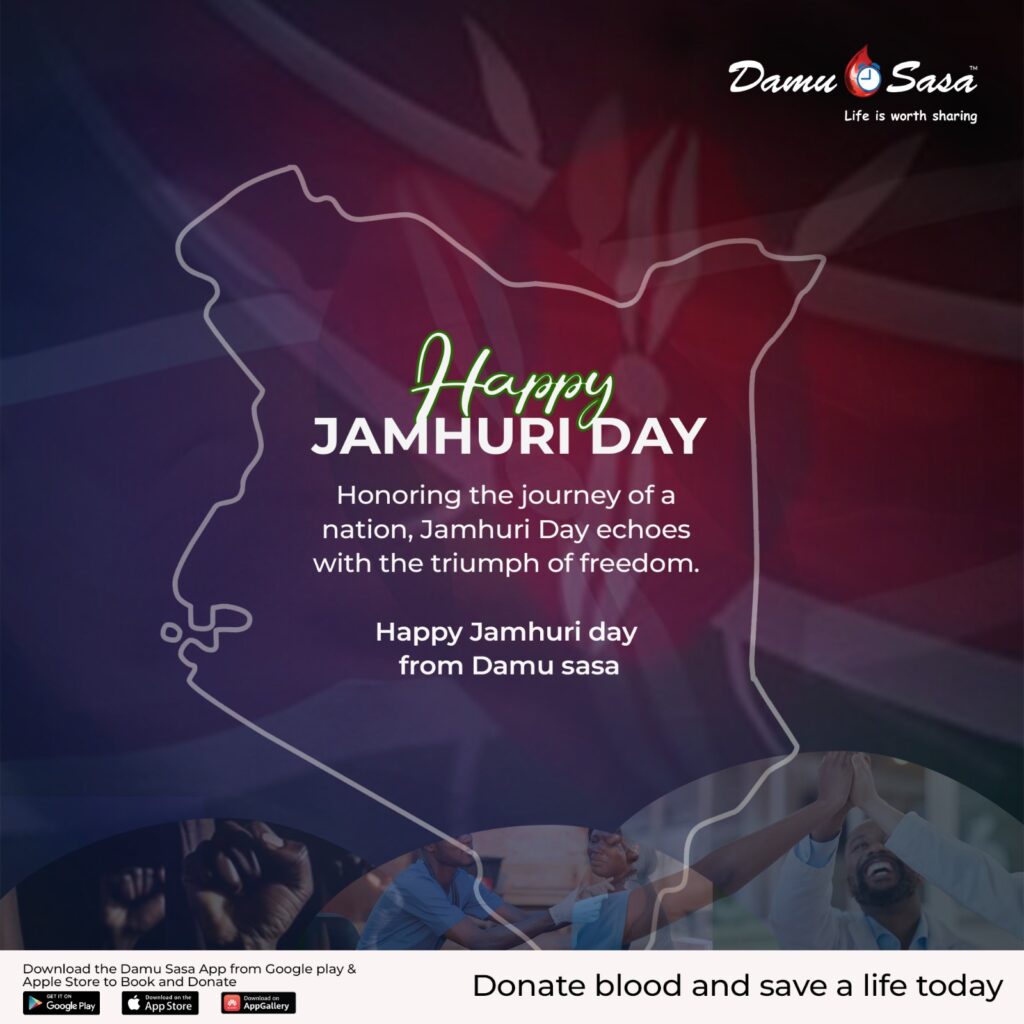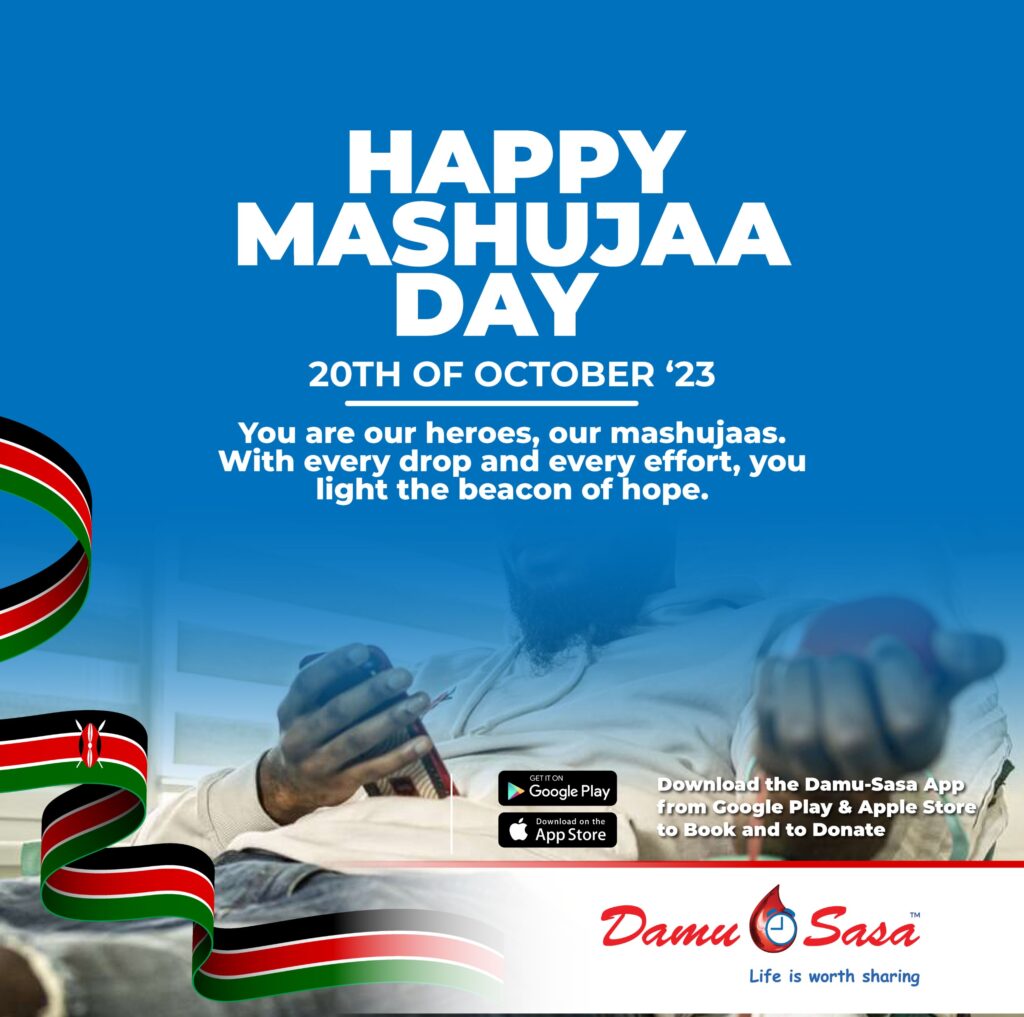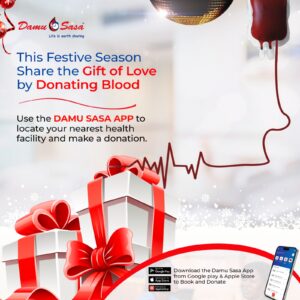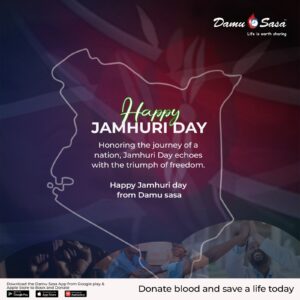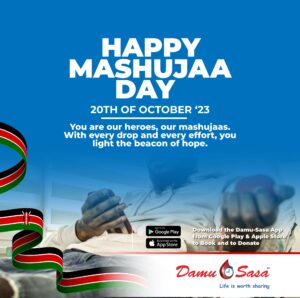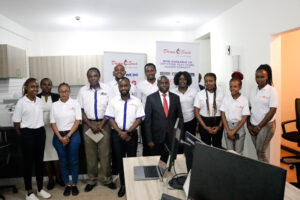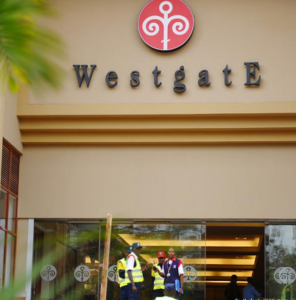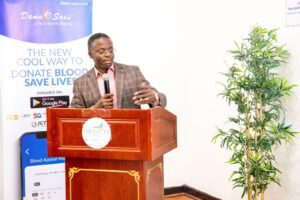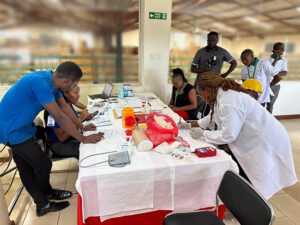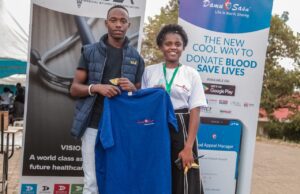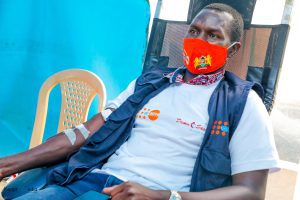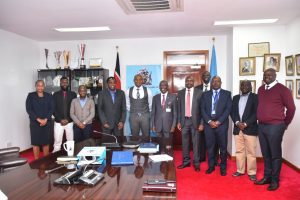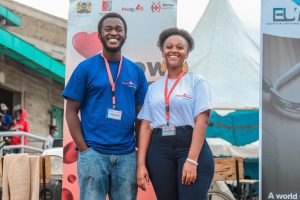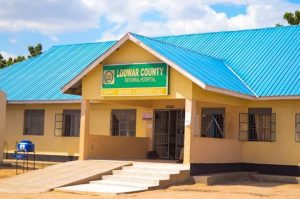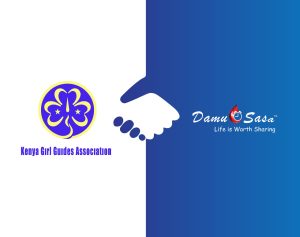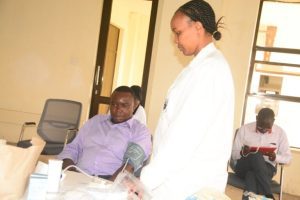
Can be Fun.


Blood donation


more lives


Damu Sasa;

Our Journey of Saving Lives
Who we are
Damu-Sasa is an innovative end-to-end blood services information management system. It supports blood sourcing, inventory management, transfusion management and even haemovigilance. To date, Damu Sasa has since incorporated a Hospital Management Information System, a Lab Management Information System, a Quality Management System, an Equipment and Applications Management System, and a Lab reagents and Management System, to better help hospitals achieve more positive treatment outcomes.
Our Mission
To provide quality, reliable and useful technology services in blood and related healthcare services management for improved outcomes, through management information systems that support streamlining of workflows and real-time information sharing.
Our Vision
To be the preferred technology partner in healthcare management.
What we do
Blood Management Information System (BMIS)
Hospital Management Information System (HMIS)
Equipment and Applications Management System (EAMS)
Lab Management Information System (LMIS)
Lab Reagents and Management System (LRMS)
Quality Management System (QMS)
Blood Donation
DIAL *483*277#
- Book an appointment with a donation facility
- Give feedback after a donation session
No posts found!
Testimonials

C. Chepkoech,
Client
A. Chelimo,
Client
C. Kariuki,
Manager
V. Kipturgor,
ManagerHello & welcome. Let us tell you our story!
Follow our latest news and health reviews which focuses exclusively on healthcare digital solutions.
Christmas and Blood Donation
The Christmas period is usually a season filled with the spirit of...
Read MoreHappy 60th Jamuhuri Day
Today we are celebrating our 60th Jamuhuri Day! What a milestone! We...
Read MoreHappy Mashujaa Day Blood Donors — Our Unsung Heroes
This specific Mashujaa Day, we would like to shine a light on...
Read MoreThis specific Mashujaa Day, we would like to shine a...
Yesterday, we were honoured by a visit from Eng. John...
https://damu-sasa.co.ke/news/the-westgate-mal…rth-of-damu-sasa/September 21, 2013, is a date that remains seared into...
The Damu Sasa inter-facility collaboration seminar brought together leading hospitals...
We have reached this milestone celebration of 25 years of...
https://damu-sasa.co.ke/news/damu-sasa-joins-the-i3-africa-programme/Nairobi, Kenya; October 6th, 2022 Damu Sasa System Ltd. is...
Nairobi, Kenya; July 3rd, 2022 Dear esteemed clients, partners, and...
Nairobi, Kenya; June 15th, 2022 Damu Sasa System Limited has...
Nairobi, Kenya; May 16th, 2022 It is said that it...
Nairobi, Kenya; April 14th, 2021 The Kenya Girl Guides Association...
Nairobi, Kenya; March 20th, 2021 The Pandemic Resilience Accelerator for...
Nairobi, Kenya; March 29th, 2021 Villgro Africa has awarded $20,000...
We would love to hear from you
For any inquiries relating to any of our products*
